WikiLeaks: Ties between Serbian football, mafia
The U.S. Embassy in Belgrade wrote about ties between mafia and football hooligans in a cable sent in October 2009, WikiLeaks has released.
Saturday, 10.09.2011.
16:16

The U.S. Embassy in Belgrade wrote about ties between mafia and football hooligans in a cable sent in October 2009, WikiLeaks has released. The cable was written soon after Frenchman Brice Taton was killed by football hooligans in Belgrade. WikiLeaks: Ties between Serbian football, mafia The cable describes ownership structure of the biggest Serbian football clubs. “The ownership structure for Serbia's largest soccer clubs is cumbersome and outdated. They are classified as publicly-owned "community organizations", governed under a 1945 law from the Socialist Federative Republic of Yugoslavia that theoretically allows all fans a voice in ownership through electing representatives to a club assembly. This assembly then elects a Managing Board President, who then appoints the rest of the board. Neither club has effective structures to keep track of its membership, creating opaque consortiums of individuals, businesses, and fan clubs to control elections to the fan assembly and managing board, hamstringing management's ability to act independently,” the cable reads. It adds that “there have been long-standing allegations that representatives in the assemblies of both teams are fronts for mob figures. As a result of these murky ties, individuals from fan clubs have been connected with mob figures and war criminals”. “Authorities have done little to investigate these allegations and combat corruption in the teams or the fan clubs,” it is said in the cable published by WikiLeaks. “Accompanying the violence, organized crime syndicates often act as ‘managers’ for players, siphoning off money from the team and the player when a player's contract is sold between teams,” it is written in the cable. “According to Embassy sources with police contacts investigating the matter, the usual process is for a selling club - on the orders of a ‘manager’ - to conspire with the buying club to pay a given (higher) price for a player's salary and then report another (lower) price to the player,” the cable reveals, adding that “police also said they were very suspicious of the financial backing of some investors in both teams, who had somehow managed to quickly amass great fortunes in recent years from unexplained sources.” It also points out that “Deputy Prosecutor General Jovan Krstic told us on October 22 that he had asked the Serbian Constitutional Court to ban several football fan groups on the grounds that they were hate groups.”
WikiLeaks: Ties between Serbian football, mafia
The cable describes ownership structure of the biggest Serbian football clubs.“The ownership structure for Serbia's largest soccer clubs is cumbersome and outdated. They are classified as publicly-owned "community organizations", governed under a 1945 law from the Socialist Federative Republic of Yugoslavia that theoretically allows all fans a voice in ownership through electing representatives to a club assembly. This assembly then elects a Managing Board President, who then appoints the rest of the board. Neither club has effective structures to keep track of its membership, creating opaque consortiums of individuals, businesses, and fan clubs to control elections to the fan assembly and managing board, hamstringing management's ability to act independently,” the cable reads.
It adds that “there have been long-standing allegations that representatives in the assemblies of both teams are fronts for mob figures. As a result of these murky ties, individuals from fan clubs have been connected with mob figures and war criminals”.
“Authorities have done little to investigate these allegations and combat corruption in the teams or the fan clubs,” it is said in the cable published by WikiLeaks.
“Accompanying the violence, organized crime syndicates often act as ‘managers’ for players, siphoning off money from the team and the player when a player's contract is sold between teams,” it is written in the cable.
“According to Embassy sources with police contacts investigating the matter, the usual process is for a selling club - on the orders of a ‘manager’ - to conspire with the buying club to pay a given (higher) price for a player's salary and then report another (lower) price to the player,” the cable reveals, adding that “police also said they were very suspicious of the financial backing of some investors in both teams, who had somehow managed to quickly amass great fortunes in recent years from unexplained sources.”
It also points out that “Deputy Prosecutor General Jovan Krstić told us on October 22 that he had asked the Serbian Constitutional Court to ban several football fan groups on the grounds that they were hate groups.”










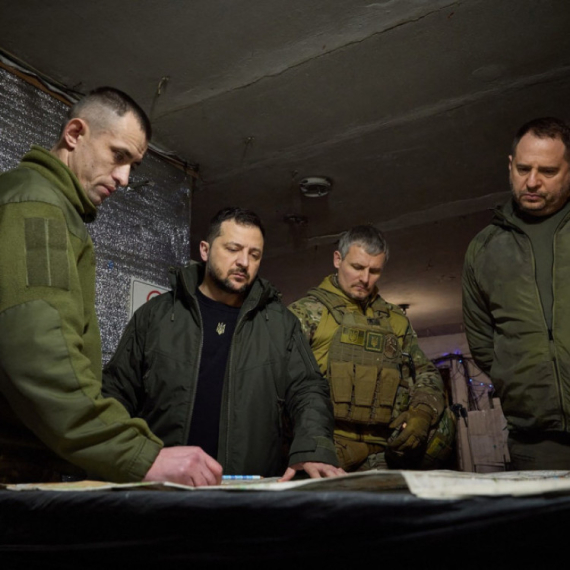
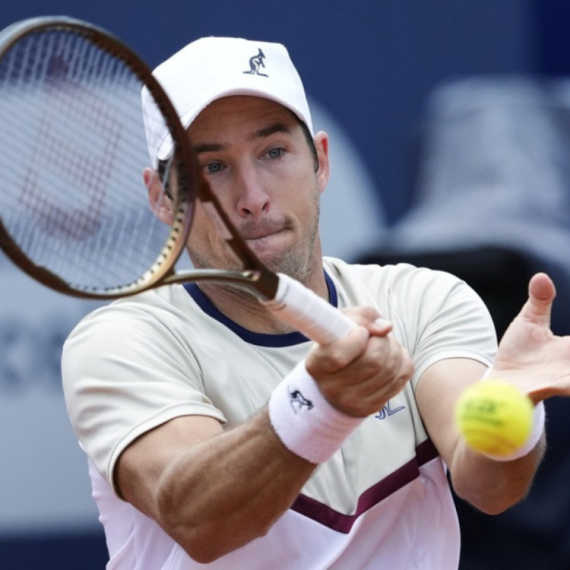
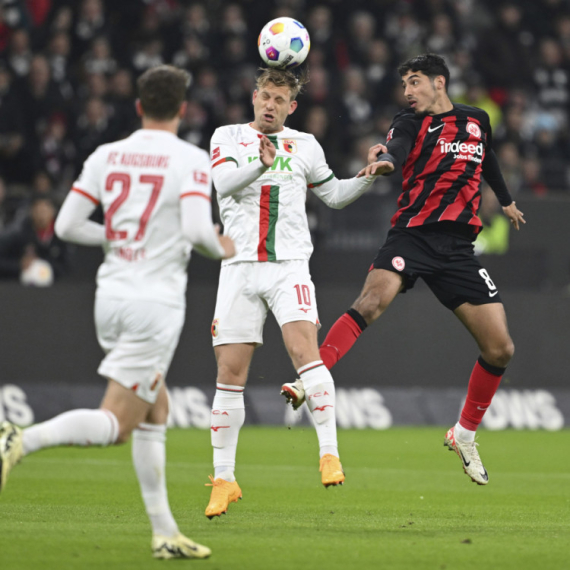

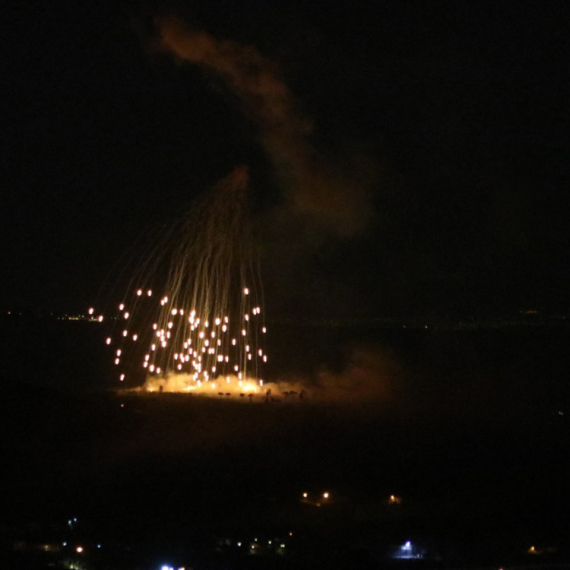

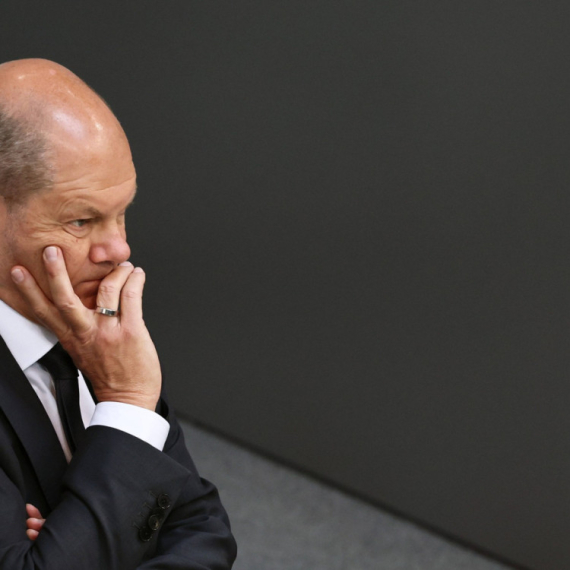
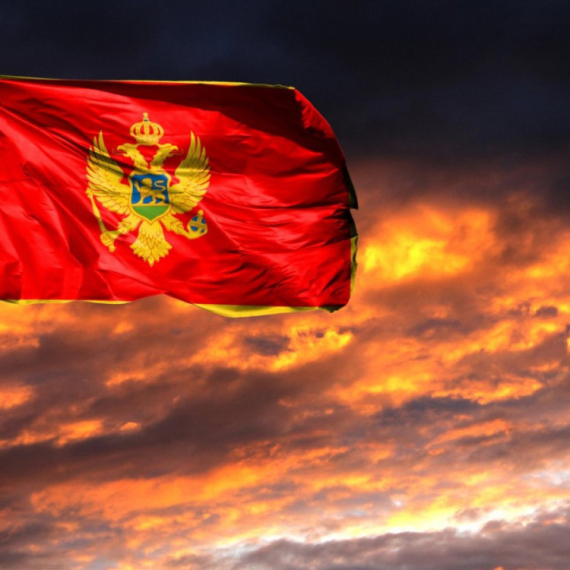









































Komentari 9
Pogledaj komentare